I'm having trouble understanding the pthread_join() function because of the results I am getting.
If pthread_join() is supposed to pause the calling thread until the thread of the given thread id finishes it's job then why does the following code not do Thread 1 work first then do Thread 2 work. They are both happening concurrently.
If I take out the two pthread_join() lines (from main) the program terminates and nothing happens. Does this mean the main thread is the calling process of both join functions and it is the main thread who is waiting for the other two newly created threads to finish?
#include <stdio.h>
#include <stdlib.h>
#include <pthread.h>
void *functionCount1();
void *functionCount2(void*);
int main()
{
/*
How to Compile
gcc -c foo
gcc -pthread -o foo foo.o
*/
printf("\n\n");
int rc;
pthread_t thread1, thread2;
/* Create two thread --I took out error checking for clarity*/
pthread_create( &thread1, NULL, &functionCount1, NULL)
pthread_create( &thread2, NULL, &functionCount2, &thread1)
pthread_join( thread1, NULL);
pthread_join( thread2, NULL);
printf("\n\n");
exit(0);
}
void *functionCount1()
{
printf("\nFunction 1");
sleep(5);
printf("\nFunction 1");
return(NULL);
}
void *functionCount2(void* argument)
{
//pthread_t* threadID = (pthread_t*) argument;
//pthread_join(*threadID, NULL);
printf("\nFunction 2");
sleep(5);
printf("\nFunction 2");
return(NULL);
}
Output:

Output with sleep commented out:

Can someone explain why pthread_join is not doing what the documentation leads you to believe?